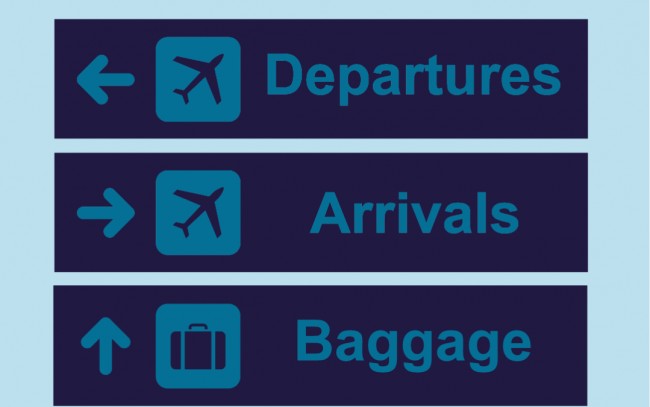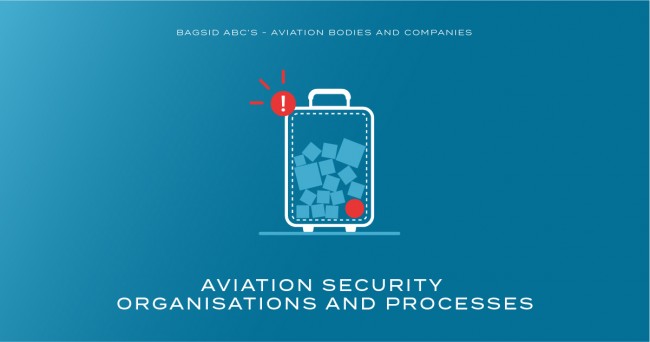27 August, 2021
With millions of planes flying around the world each and every year, air travel is a large contributor to the climate crisis.

With millions of planes flying around the world each and every year, air travel is a large contributor to the climate crisis. In fact, before the pandemic, it was responsible for around 2.4% of total global emissions. That may seem a small percentage, but this share of the total could increase significantly with the expected growth of air travel and the drive to greener operations in other industries. However, technology is advancing, and a lot of industries have aimed to become more sustainable. Could air travel reach a global net-zero target?
What is net-zero?
Sometimes mixed up with gross-zero, net-zero is when the amount of greenhouse gases produced is the same as the amount removed from the atmosphere. Net-zero is reached when the gases we add are no more than the quantity we’ve taken away.
Reaching net-zero is the best way we can approach global warming. Limiting emissions are key to tackling climate change. After a certain point, the effects of global warming are irreversible, so it is important we try to change our ways.
We can remove greenhouse gasses by planting trees or through new technology. Aviation is one of the hardest sectors to decarbonise, so the aviation industry has a lot of hard work to do.
Electric Aviation Advances
With the target of having a net-zero future, momentum and discussion about ‘electric aviation’ is beginning to take-off. In September 2020, the company Airbus announced they have 3 concepts for the world’s first zero-emission commercial aircraft. Hoping to enter service by 2035, they’ll be powered by hydrogen-based fuel.
Although Airbus’ plan of electric planes seems realistic, a lot of people would disagree. In 2020, Airbus also had plans to collaborate with Rolls-Royce for the Airbus E-Fan X hybrid-electric RJ100 experiment, but it was cancelled suddenly due to the pandemic.
Any steps towards a net-zero future will be welcomed, but there are still many obstacles in the way. The planned Airbus planes can’t fly any more than 2,000 nautical miles, meaning no long-haul flights would be available with current plans. Electric planes demand new, vast refuelling facilities and equipment in airports, meaning government support and funding is key to making this work.
What Happens Next?
There is, however, a light at the end of the tunnel. Every day, more and more research is being done to help tackle climate change. Companies are constantly exploring new ways to save our planet and creative ways to tackle the biggest problem of our generation.
Here at BagsID, we are investing in solutions to become more sustainable throughout the airport journey. We want to make a brighter future for all of us, so our technology is designed with that in mind. Find out more about our technology here.
Related articles
Plane talking: Check-in and bag drop
27 September, 2021
As part of our series on the passenger journey we take a look at check-in and bag drop.
Fostering innovation
8 July, 2021
Innovation is the catalyst to business growth, both when starting up and to keeping your existing business profitable.
Aviation Security Organisations And Processes
13 April, 2023
Airports are one of the most heavily guarded places in the world, with numerous security measures in place to ensure the...



